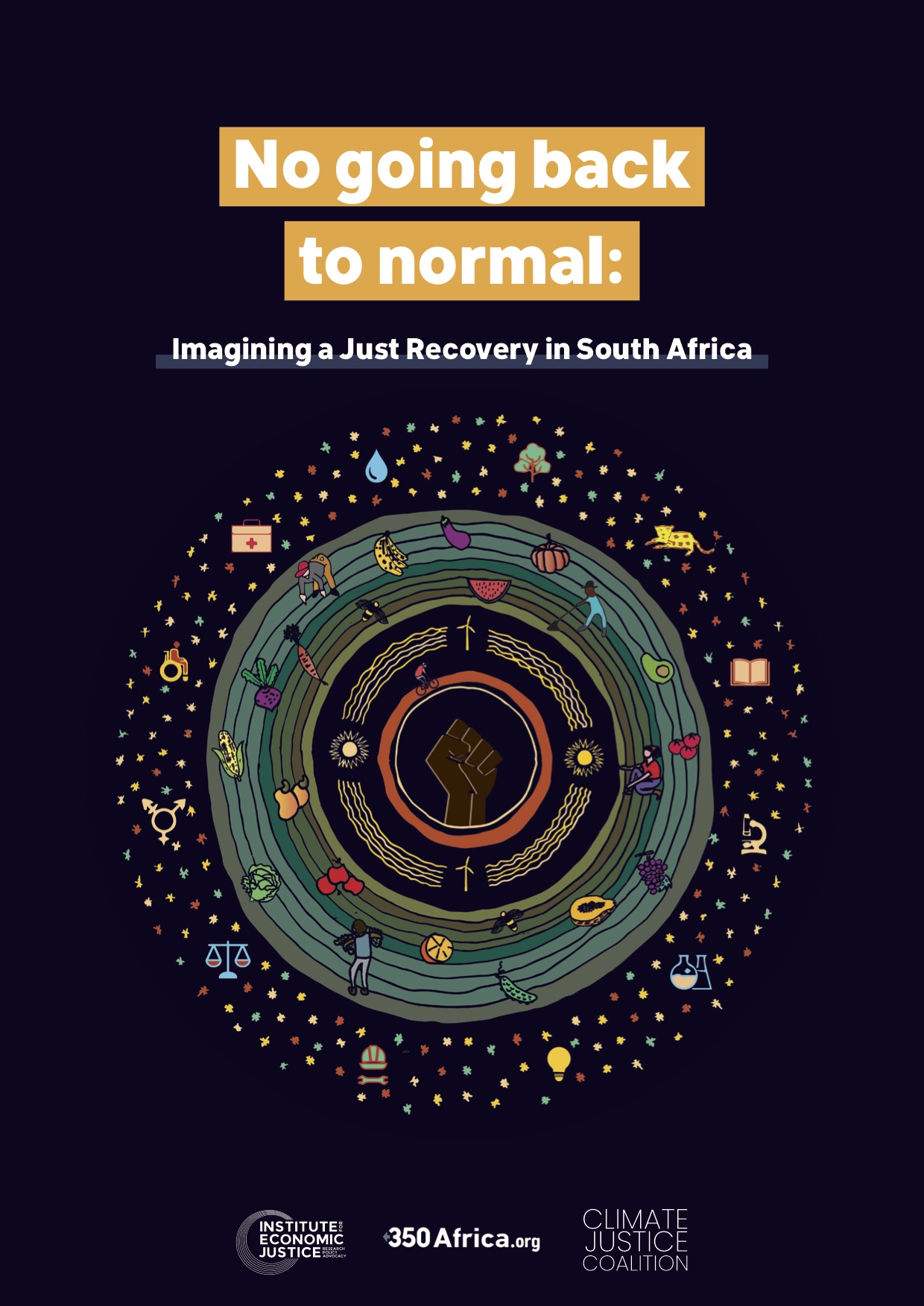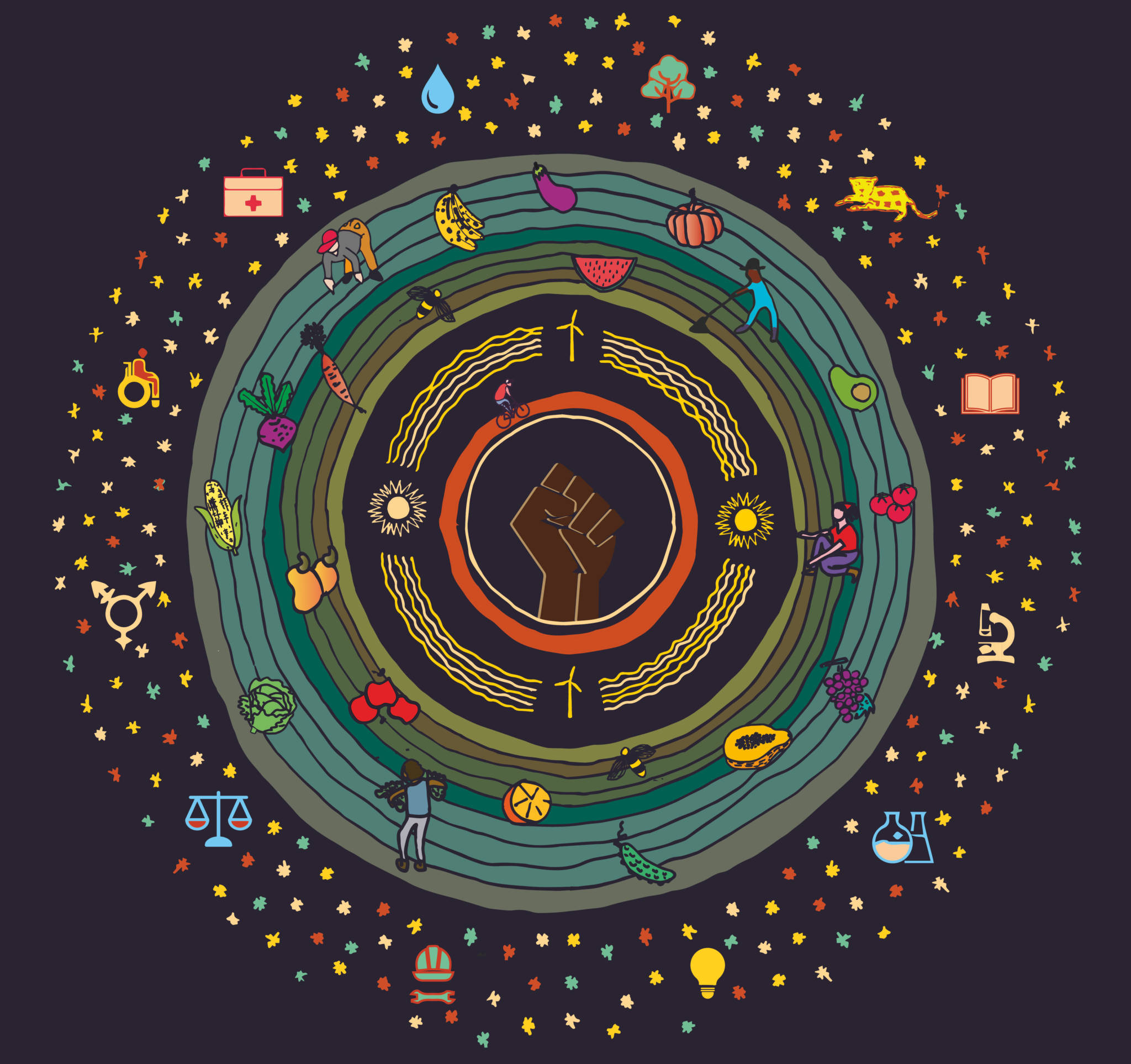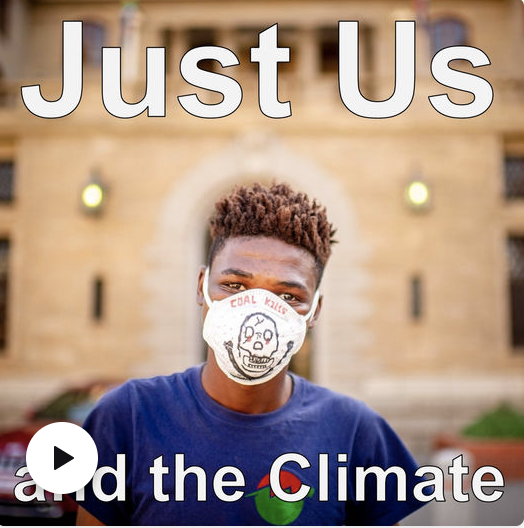#JustRecovery
South Africa
As decision-makers take steps to ensure immediate relief and long-term recovery, it is imperative that they consider the interrelated crises of wealth inequality, racism, and ecological decline – notably the climate crisis, which were in place long before COVID-19, and now risk being intensified.
What does Just Recovery mean?
Choices being made right now will shape our society for years, if not decades to come. As decision-makers take steps to ensure immediate relief and long-term recovery, it is imperative that they consider the interrelated crises of wealth inequality, racism, and ecological decline, which were in place long before COVID-19, and now risk being intensified.
This is about our money, our jobs, our future – our lives. It’s time we take back ownership of the discussions and decisions made by leaders who have regularly failed us: whether it’s acting against climate change, preventing the pandemic from spreading as strongly as it did, or fighting the structures and institutions of systemic racism.
New report: No going back to normal
For many climate justice advocates, the trajectory of the COVID 19 pandemic is unsurprising, as it mirrors the very systems and structures that underpin the climate crisis. We need a Just Recovery from COVID 19, this report attempts to show the way.
Just Recovery Art Challenge
What does a just recovery from the impacts of COVID-19 look like? Join the Just Recovery Art Challenge and share your vision for a better South Africa.
Podcast: Just Us and the Climate
Want to learn more about what a just recovery looks like? Join members of the Climate Justice Coalition and the Institute of Economic Justice as they discuss what a just recovery looks like for South Africa.
Add your name: "Put people first, not polluters"
We are calling for a global response to COVID-19 that ensures a just recovery for everyone in the wake of this crisis. Responses at every level must uphold these five principles:
1. Health is the top priority, for all people, with no exceptions.
2. Provide economic relief directly to the people.
3. Rescue workers and communities, not corporate executives.
4. Create resilience for future crises.
5. Build solidarity and community across borders – do not empower authoritarians.
The COVID-19 pandemic demands swift and unprecedented action from national governments and the international community. Choices being made right now will shape our society for years, if not decades to come. As policymakers take steps to ensure immediate relief and long-term recovery, it is imperative that they consider the interrelated crises of wealth inequality, racism, and ecological decline – notably the climate crisis, which were in place long before COVID-19, and now risk being intensified.
This is a time to be decisive in saving lives, and bold in charting a path to a genuinely healthier and more equitable future for all through a just recovery.




